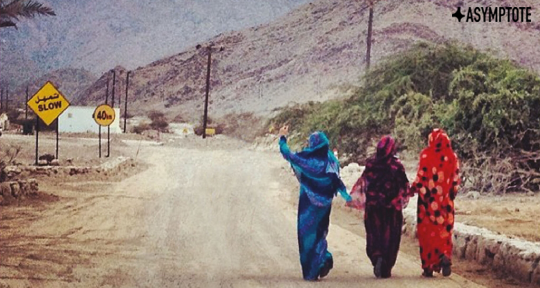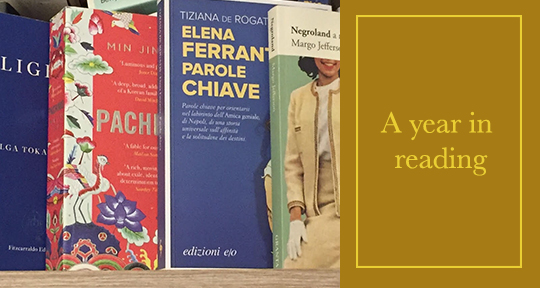This week, our writers bring you the latest news from Palestine and India. In Palestine, the literary community has mourned the passing of the great Palestinian poet Izz al-Din Manasirah, while Adania Shibli’s Minor Detail has been nominated for the 2021 International Man Booker; and in India, feminist poet Dr Anamika has won the prestigious Sahitya Akademi award for Hindi poetry for her collection Tokri Mein Digant: Theri Gatha. Read on to find out more!
Carol Khoury, Editor-at-Large, reporting from Palestine
“I will continue the culture of resistance until my departure, either to the grave or to Palestine.” These are the words of the Palestinian poet, thinker, critic, and academic Izz al-Din Manasirah, who passed away this week in Jordan (aged seventy-five) due to COVID-19. Remaining true to his words and beliefs, he led the kind of life in exile that associated his name with the Palestinian revolution and resistance, earning him the title of “The Revolution’s Poet.”
Manasirah was one of the most prominent poets of the 1960s generation, whose texts expressed the concerns of national liberation, in addition to his critical engagement with the global, Arab, and local literature. He contributed to the development of modern Arabic poetry and the development of methodologies of cultural criticism, and was often referred to as one of the pioneers of the modern poetic movement. The media experience that he presented through cultural programs in Jordan was an important cornerstone in uncovering many talents.
Holder of several literary and academic awards, he is nonetheless best known for his poems sung by Marcel Khalife and others, most famously “Jafra” and “In Green We Coffined Him.”
With the death of Izz al-Din Manasirah, Palestinian poetry bids farewell to the last of the Great Four (along with Mahmoud Darwish (1941–2008), Samih al-Qasim (1939–2014), and Tawfiq Zayyad (1929–1994)).
Despite such saddening news, the Palestinian literary scene—a truly fertile one—has rather pleasing news to celebrate this week. Booker International organizers announced the 2021 longlist. Unsurprisingly, Adania Shibli’s Minor Detail, translated from the Arabic by Elisabeth Jaquette, was on the thirteen-book list. In their statement, the jury members praised the book saying: “The first part of this devastatingly powerful book gives a laconic account of a shocking crime. In the second, decades later, a woman sets out to comprehend that crime. Set in disputed ground, this austerely beautiful novel focuses on one incident in the Palestine/Israeli conflict and casts light on ethnic conflicts, and ethnic cleansing, everywhere.” Minor Detail was Asymptote’s choice for May 2020 Book Club. In “Textual Echoes,” Jaquette talks candidly about her translation.
Suhasini Patni, Editor-at-Large, reporting from India
Sahitya Akademi, India’s National Academy of Letters, announced its awards for outstanding literary merit for 2020 on March 12. The academy awarded its prizes in twenty languages, rather than the usual twenty-four with the awards for Malayalam, Nepali, Odia, and Rajasthani languages to be announced at a later date. READ MORE…





